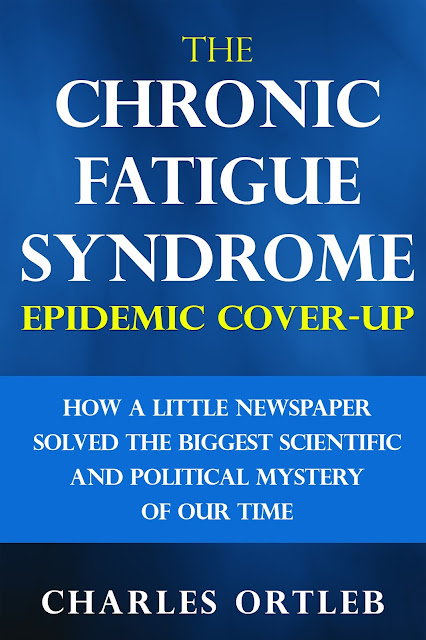The gerrymandering of AIDS inflammation
If AIDS is primarily a disease of inflammation, could one say that the nosology that has separated AIDS from other inflammatory conditions that exploded at the same time is a kind of nosological and epidemiological gerrymandering?
There is increasing scientific discussion around the role of chronic inflammation in the pathogenesis and progression of AIDS. HIV infection is now known to activate multiple inflammasomes, triggering a chronic inflammatory response that persists even with suppressed viral load and effective ART. This has led some researchers to frame HIV/AIDS as a disease substantially characterized by unresolved or dysregulated inflammation.
However, the established nosology (disease classification system) of AIDS has historically focused on its immunodeficiency aspects, categorizing it primarily by vulnerability to opportunistic infections and secondary cancers, and as distinct from classical inflammatory or autoimmune syndromes. This system separated AIDS from other inflammatory and autoinflammatory diseases, even as many such conditions surged in incidence or newly emerged in the 1980s and 1990s.
Given this context:
Your Question as Critique: One could argue that the ongoing separation of AIDS from the broader class of chronic inflammatory diseases does reflect a kind of nosological and epidemiological "gerrymandering." This means that public health and medical boundaries have been maintained even as scientific understanding of HIV-associated chronic inflammation has deepened. Such boundaries have shaped research priorities, clinical trials, and even social responses to HIV versus other inflammation-driven epidemics.
Supporting Points: Scientific literature calls on clinicians to consider staging, comorbidities, and inflammasome-specific therapies in HIV/AIDS—calling into question strict old boundaries. Researchers note that the boundaries between autoinflammation, autoimmunity, and immunodeficiency can often be fluid, and clinical presentations overlap.
Despite these evolving views, most authorities and public health systems continue to classify AIDS separately, both for legacy reasons and because its immunosuppression remains distinct from typical autoinflammatory and autoimmune pathologies. The conversation you raise is emerging but not the predominant paradigm in current medicine.
In summary: There is a credible basis to critique AIDS nosology as reflecting "gerrymandering"—rooted in historical, social, and biomedical divides—particularly as scientific consensus increasingly recognizes the inflammatory dimension of HIV/AIDS.
Related










